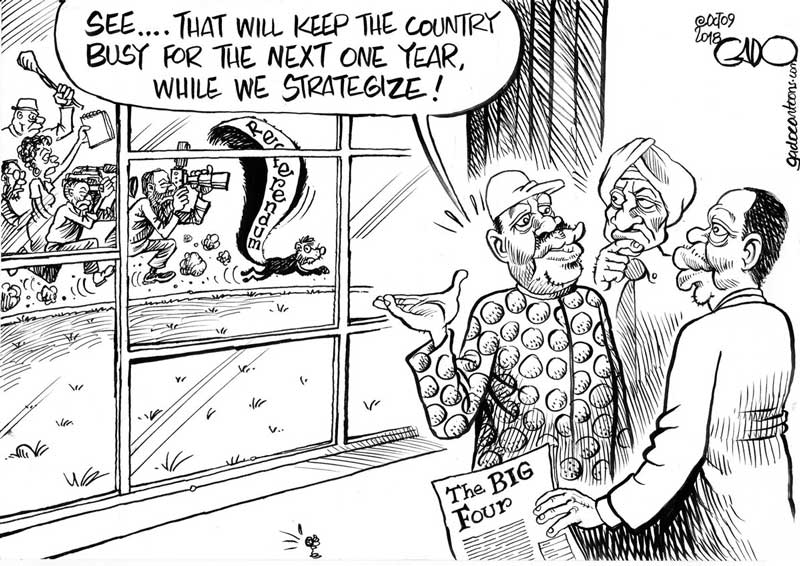×
The Standard e-Paper
Home To Bold Columnists

The Constitution is a product of protracted negotiations spanning more than 20 years. While it set a maximum of seven years for its full implementation, much of it remains unimplemented.